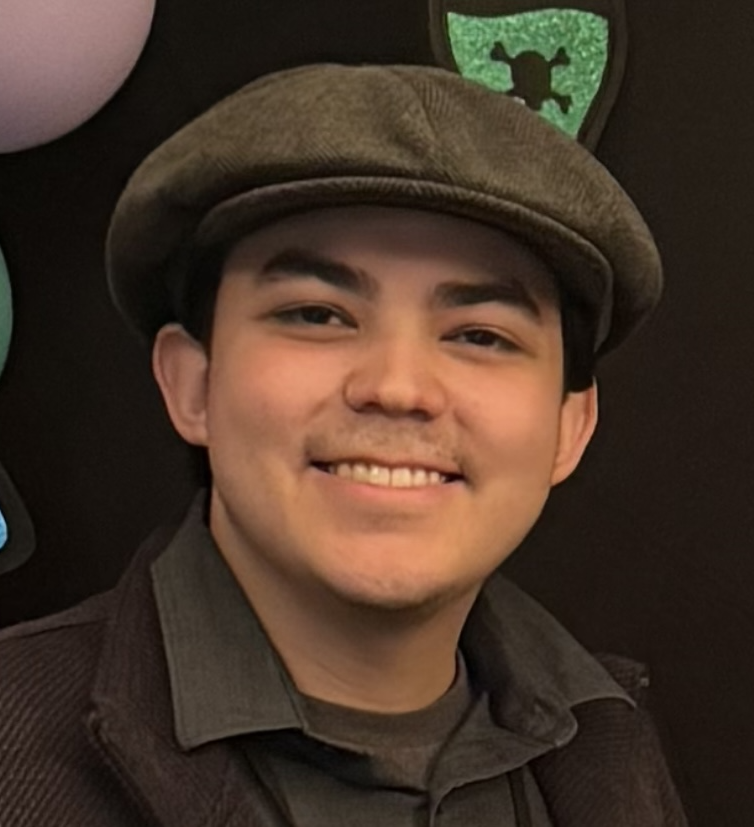William Shakespeare is often considered the greatest writer of the English language, and his stories and verses live on over four centuries after his death, and for good reason. NTPA typically produces 2-4 Shakespearean shows each year giving students an opportunity to explore the work of one of the world’s greatest writers.
The most performed playwright of all time, his plays continue to dominate the landscape of theatre, making it wise for all prospective actors and actresses to have a Shakespearean monologue or two in their repertoire for when auditions are announced for “A Midsummer Night’s Dream” or “Romeo & Juliet.” To help you decide, here are eight excellent options to choose from. (Note – some are combinations of multiple lines within a scene, but work as monologues)
Read the full monologues, and Shakespeare’s complete works, online for free:
- Lady Macbeth, “Macbeth”, Act 1 Scene 7 “Was the hope drunk wherein you dress’d yourself? hath it slept since?”After a trio of witches prophesy that General Macbeth will be “King hereafter”, his wife, Lady Macbeth, urges him to murder King Duncan and take the throne of Scotland. Later, when he starts to get cold feet about the killing, she talks him into it by questioning his courage and masculinity, which ultimately spurs him to do the terrible deed. Cold and calculating, Lady Macbeth is as much a villain in her eponymous husband’s play as he.
- Puck, “A Midsummer Night’s Dream”, Act 5 Scene 1“If we shadows have offended, think but this, and all is mended.”Shakespearean fools are anything but; they are clever, quick-witted, and often the best characters in their respective plays. The mischievous Puck from “A Midsummer Night’s Dream” is a prime example. After five acts of slipping people love and sleeping potions and giving them donkey heads, Puck addresses the audience just before the curtain falls, telling them- in rhyme – that if they didn’t like the play, they should merely think of what they saw as a bad dream, and in doing so “all is mended”.
- Emilia, “Othello”, Act 4 Scene 2“I do think it is their husbands’ faults if wives do fall”After Desdemona’s husband Othello accuses her of adultery, her attendant Emilia helps her get ready for bed. After Desdemona declares she would never do such a thing, Emilia replies that she might; that women are as capable of such a thing as men if husbands fail to satisfy their wives. She then muses on why men cheat on their wives, and how such behaviors are transmittable to women.
- Mark Antony, “Julius Caesar”, Act 3 Scene 2“Friends, Romans, countrymen, lend me your ears!”In this monologue, Mark Antony addresses the crowd that has gathered at the funeral of Julius Caesar, who has just been assassinated by a group of senators led by Brutus and Cassius. Intent on convincing the crowd that Caesar was good and his killers are traitors, Antony must be loud and authoritative enough to maintain the crowd’s order and attention, but clever and subtle when reminding them of Caesar’s triumphs and implying that the conspirators were self-serving and dishonorable. His efforts are successful, riling the crowd into a mob that riots and drives the conspirators from Rome.
- Juliet, “Romeo & Juliet”, Act 2 Scene 2“Romeo, Romeo, wherefore art thou Romeo?”Can’t go wrong with the classic balcony scene. After Romeo of House Montague crashes a party at the mansion of his family’s sworn enemies, the Capulets, he and Juliet see one another and it’s love at first sight for the star-crossed lovers. Juliet goes to her balcony alone and laments that Romeo is a Montague and due to their parents’ feud they can seemingly never be together. She wishes he would forsake his family name for her, and then declares that she would forsake her family name for him if he declared his love for her- which he promptly does, having overheard every word.
- Iago, “Othello”, Act 1 Scene 3“I hate the moor”Of all Shakespeare’s infamous villains and antagonists, Iago might be the most profoundly evil of them all. There are many potential reasons for Iago’s wanting to ruin Othello’s life (Othello was promoted over him, Iago has feelings for Othello’s wife Desdemona, Iago suspects Othello may have slept with his [Iago’s] wife), but his ultimate motive is unknown. In this exterior monologue, he states plainly that he hates Othello, and then outlines his plan to exploit both Othello’s trust in him and jealousy towards Michael Cassio’s supposed relationship with Desdemona to tear her and Othello apart.
- Beatrice, “Much Ado About Nothing”, Act 4 Scene 1“Kill Claudio!”After Count Claudio accuses his fiance Hero of being unfaithful and leaves her at the altar (courtesy of the villainous Don John’s manipulation), her close friend and kinswoman Beatrice is enraged. She goes to her friend Benedick and, after he says he’d do anything for her, demands that he kill Claudio for slandering Hero. He initially refuses as Claudio is his friend, prompting Beatrice to launch into a speech affirming Claudio’s wrongs and detailing what she’d do to him if she were a man (“O, God that I were a man! I would eat his heart in the market-place”) Yikes.
- Hamlet, “Hamlet”, Act 3 Scene 1“To be, or not to be? That is the question.”Arguably the most famous Shakespearean monologue of them all. Prince Hamlet has become understandably morose following the death of his father and his mother’s subsequent remarriage to his uncle Claudius. But Hamlet’s troubles intensify when his father’s ghost appears to him, tells him he was murdered by Claudius, and then orders Hamlet to avenge him by killing Claudius. In this soliloquy, Hamlet wonders if it would be better to die than to continue living with his pain and troubles, and then muses that a good chunk of why people do continue on is their fear of mortality. This monologue’s universal existentialist themes have stood the test of time- much like its author.

Meet the Writer:
Resident Director – Austin Keefer
Austin Keefer is a proud NTPA alumni who performed in numerous productions back in high school and is now working as Resident Director. He has a bachelor’s degree in Literature with a Creative Writing concentration from UT Dallas and a General Studies degree from Collin College, and enjoys writing and filmmaking in his spare time. He’s acted in several NTPA community shows, his favorites being “Sound of Music”, “South Pacific”, and “Scrooge!”.
